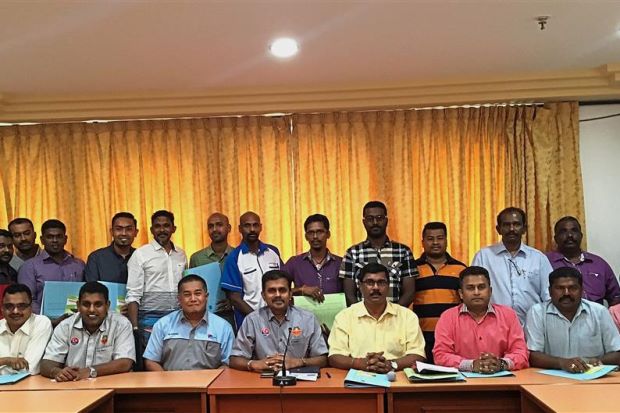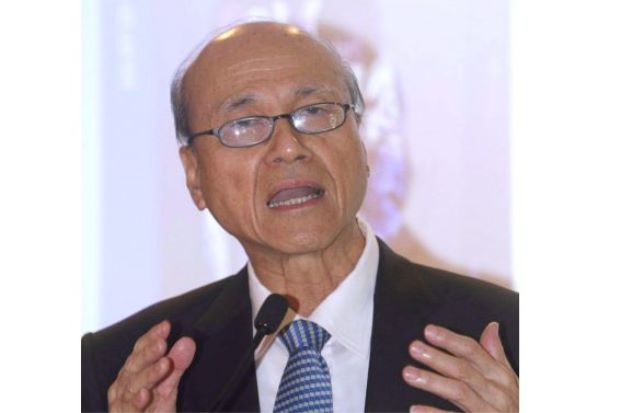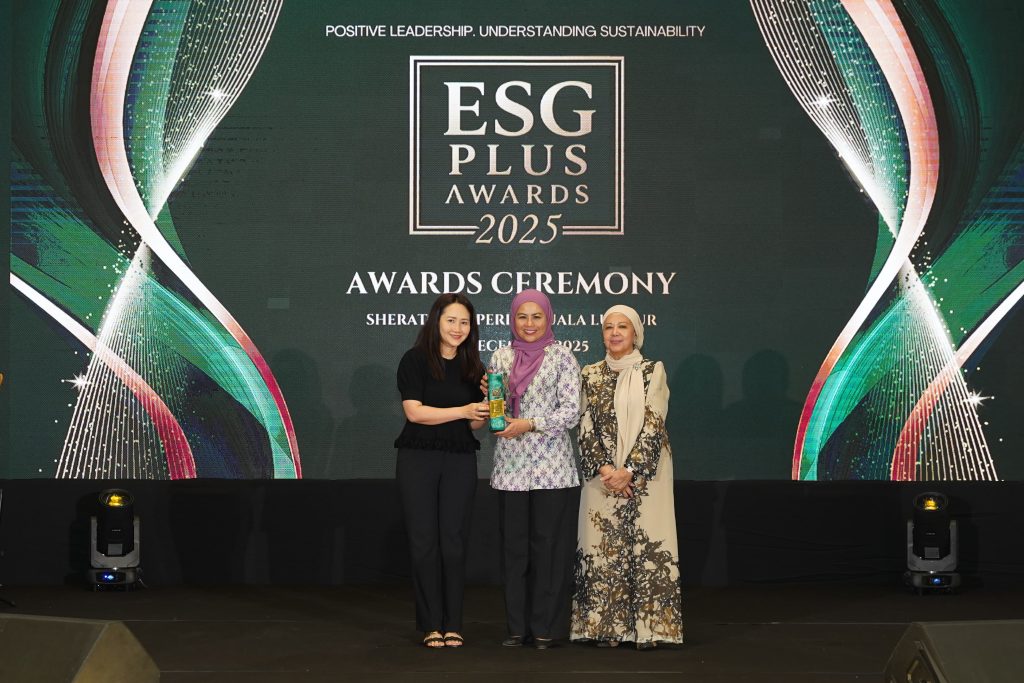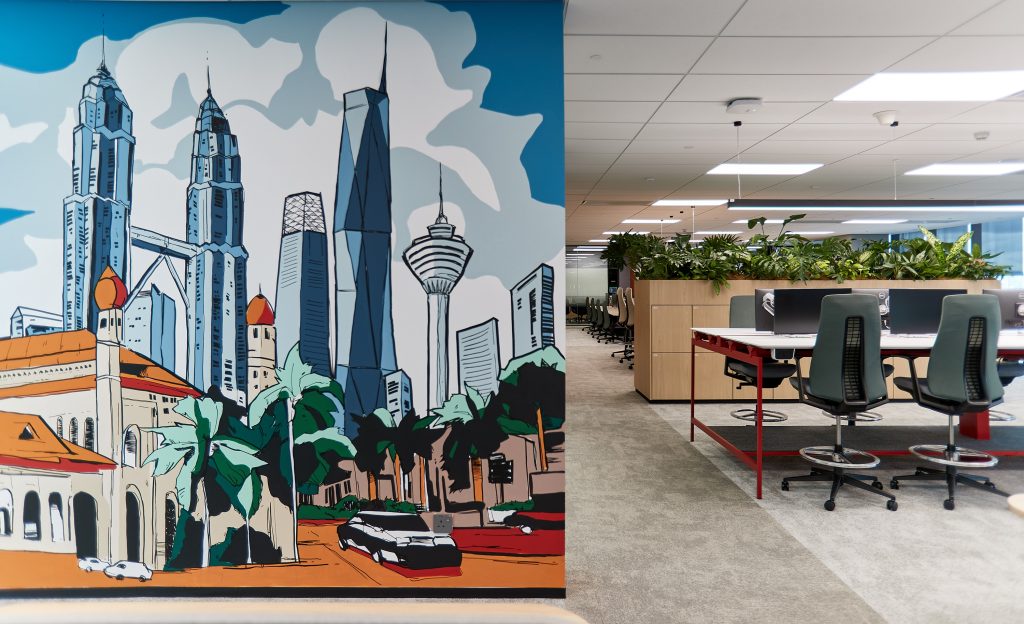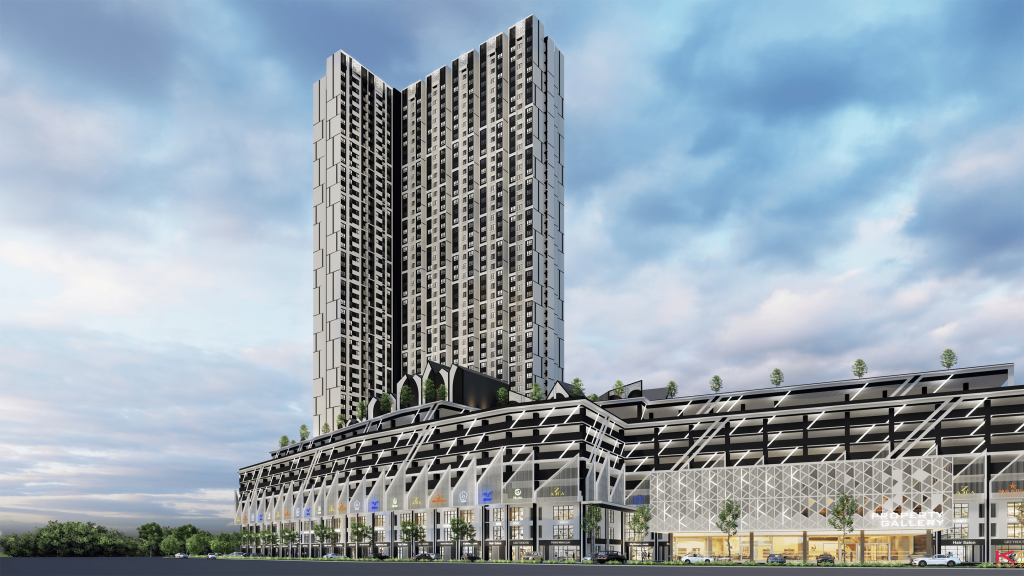BY WONG PEK MEI
KUALA Lumpur City Hall’s (DBKL) move to have contractors undergo a vetting process to ensure they were not corrupt before applying for tenders has drawn mixed reactions in the building industry.
Master Builders Association Malaysia (MBAM) president Foo Chek Lee, who supported the move, wanted a corrupt-free industry.
“It will ensure the projects go to the right people,” he said, hoping the move would not create red tape that would delay the awarding of projects by DBKL.
He was commenting on Kuala Lumpur mayor Datuk Seri Mohd Amin Nordin Abdul Aziz's announcement last week that beginning this month, all contractors would be vetted through an online system before they qualified to participate in the tender process for DBKL projects.
Amin Nordin said they needed to register online through the Corporate Integrity System Malaysia (CISM) and the companies would then be vetted to see if they had been involved in graft.
This will enable the contractors to sign a Corporate Integrity Pledge (CIP) to declare publicly that they are against corrupt practices.
He also said that in future, DBKL would add a clause that contracts would be cancelled if a company was found involved in corruption and being blacklisted.
Foo said cancelling the contracts of corrupt companies was a fair move if they were charged for graft.
However, Malay Contractors Association president Datuk Mokhtar Samad called for DBKL to reconsider the move and not “make the situation more difficult for contractors”.
“The current procedures and rules are sufficient. In the tender form, there is a column to declare that we are free from corruption,” he said, adding that the form also stated that if none of the requirements were fulfilled, the tender would be disqualified.
During the trial run for the integrity system in September, DBKL discovered that one company had failed the filtering process.



